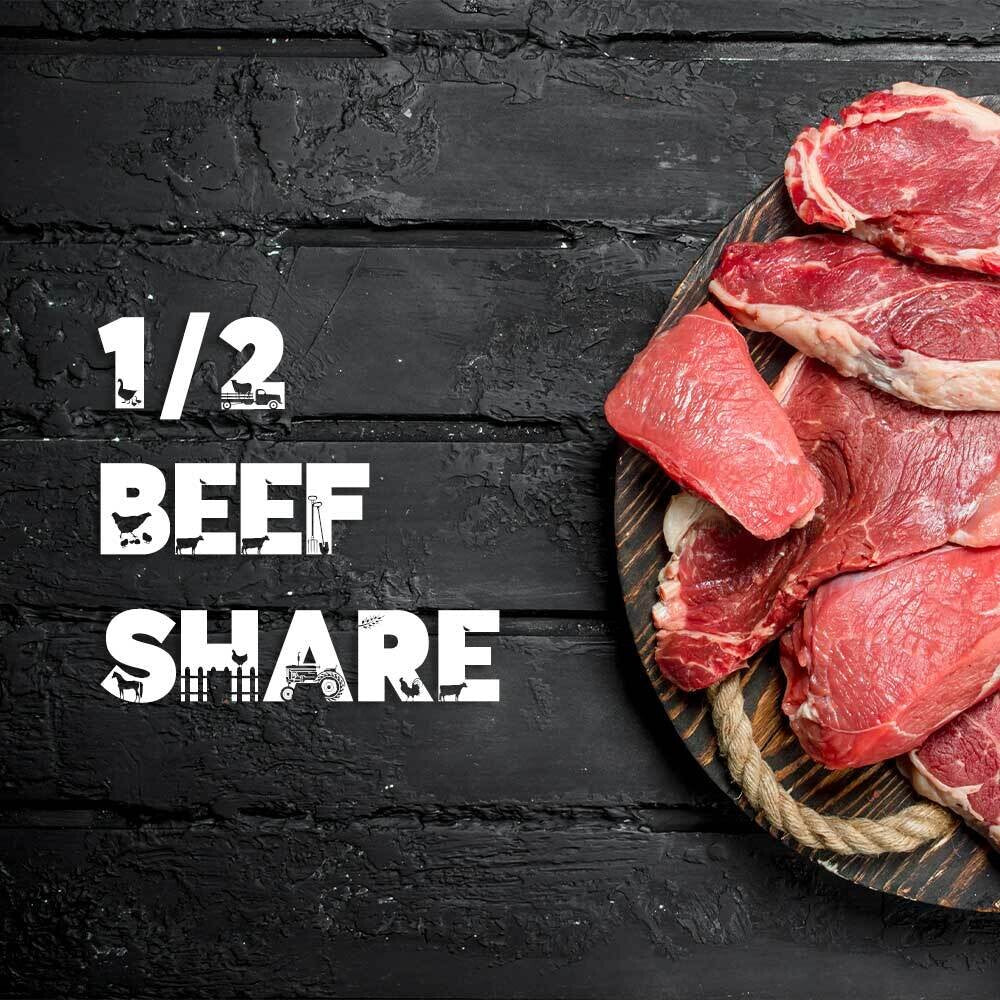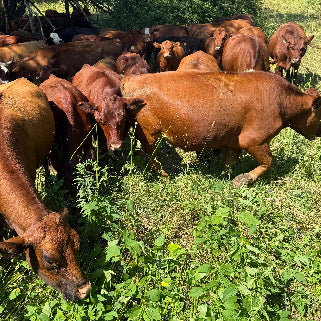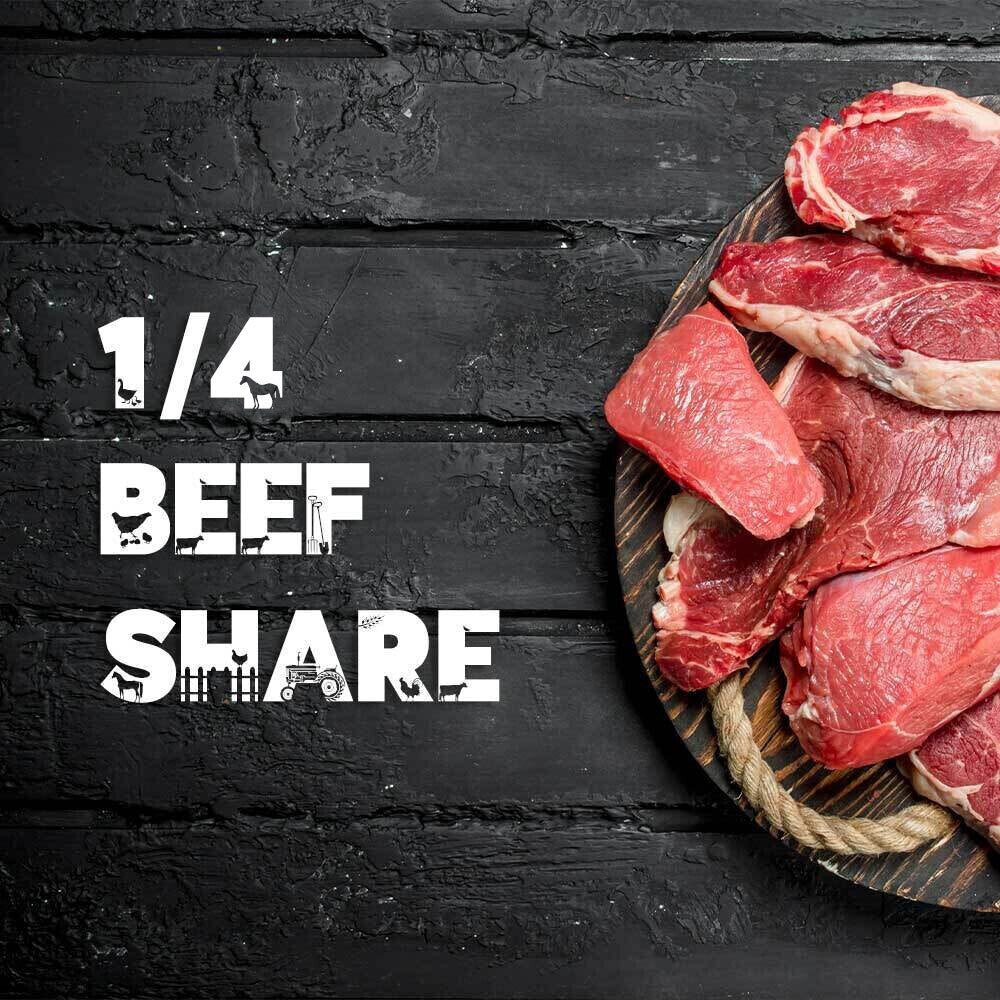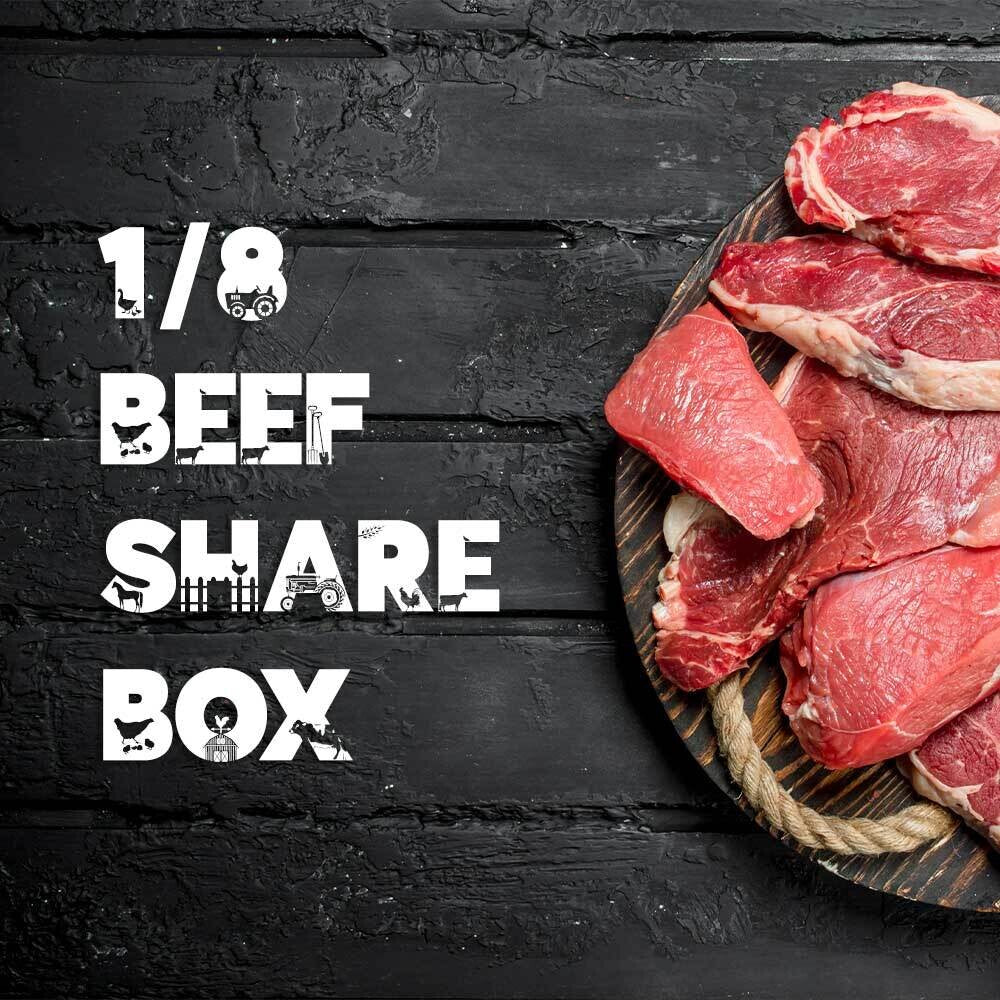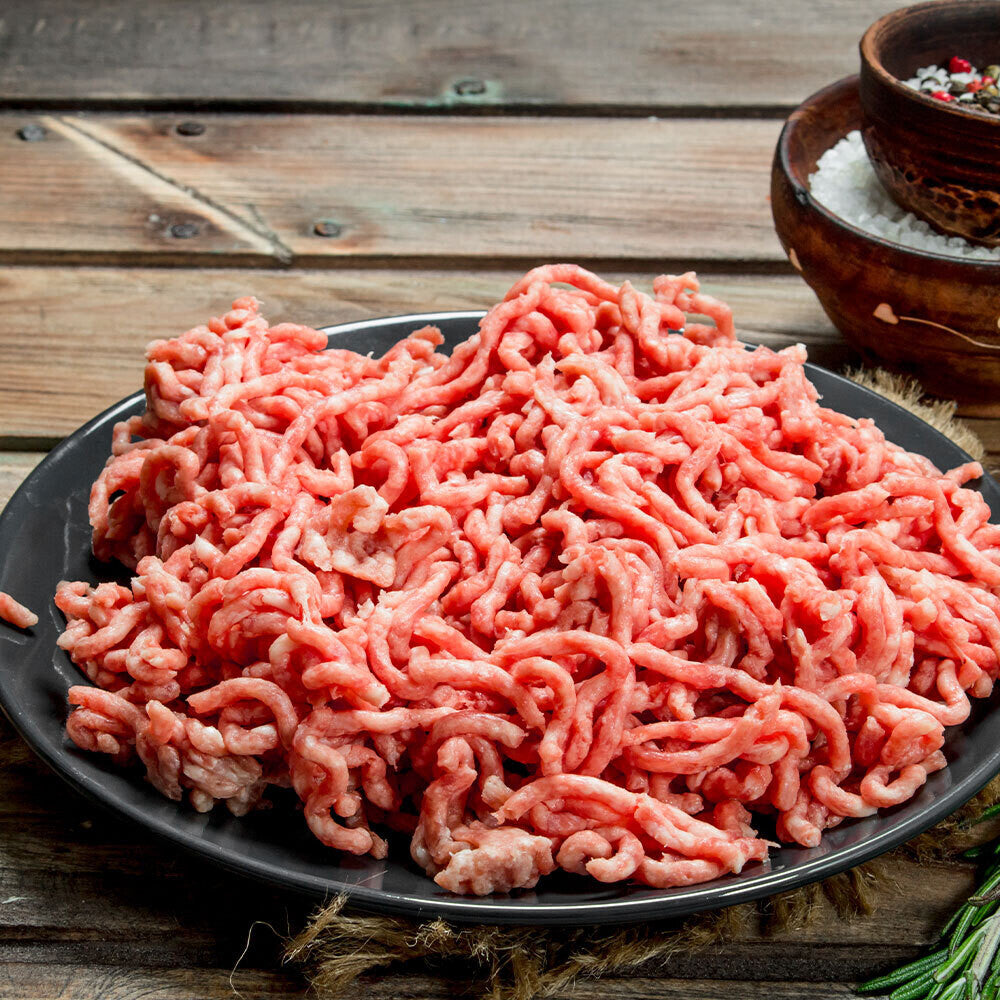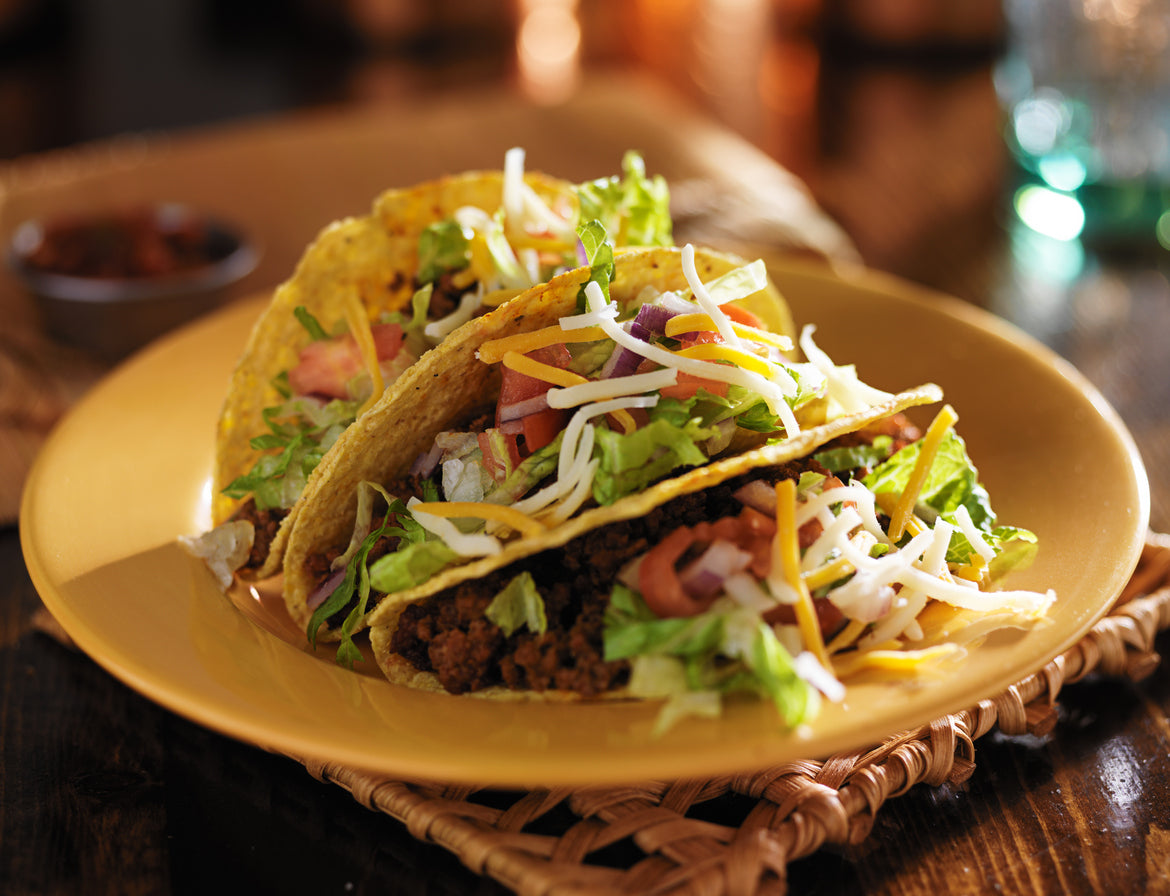
How can grass fed beef be incorporated into a balanced and sustainable diet?
 Amy managing Grass Fed Beef at Tyner Pond
People can easily incorporate local grass fed beef into a balanced and sustainable diet in a few simple ways:
Amy managing Grass Fed Beef at Tyner Pond
People can easily incorporate local grass fed beef into a balanced and sustainable diet in a few simple ways:
- Choose quality over quantity: Choose for local, high-quality, sustainably produced grass fed beef, and consider reducing your overall meat consumption. This approach not only supports environmentally friendly practices but can also encourage you to savor and appreciate the meat you do consume.
- Shop Online: You will be very unlikely to find local grass fed beef in grocery stores or even on online marketplaces. 85% of Grass fed beef sold in the United States is imported. search specifically for Local Grass fed Beef near you.
- Practice portion control: Be mindful of portion sizes when eating grass fed beef. A typical serving size for beef is about 3 to 4 ounces (85 to 113 grams) per meal, which can help you maintain a balanced diet while still enjoying the benefits of grassfed beef.
- Get creative with recipes: Experiment with different ways to prepare and enjoy grass fed beef, such as using it as an ingredient in stir-fries, salads, or stews. This can help you incorporate the meat into a more diverse range of meals, making your diet more varied and interesting.
- Support local producers: Whenever possible, buy grass fed beef from local farmers or retailers who prioritize sustainable and humane practices. This not only supports the local economy but also helps you stay informed about the origins of your food.
Tags:
Previous post
Why Choose Local Grass Fed Beef: Exploring the Benefits of Tyner Pond Farm's Certified, 100% Grass Fed and Finished Beef in Central Indiana
Next post









